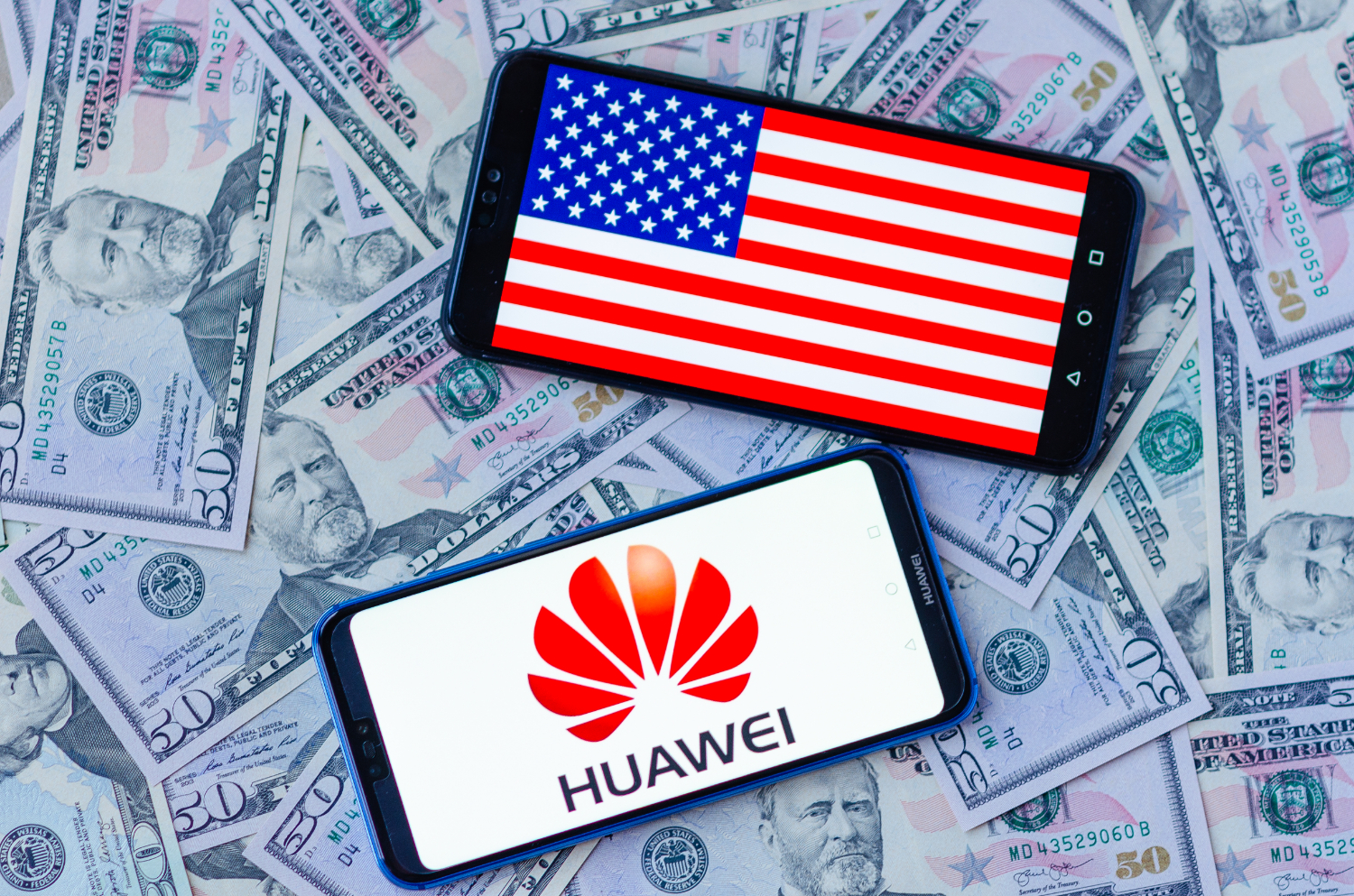Report: Intel, Other US Chipmakers Still Selling to Huawei
U.S. chipmakers might have found a way to continue doing business with Huawei despite the U.S. Department of Commerce's mandate. The New York Times reported on Tuesday that Intel, Micron and other members of the U.S. semiconductor industry resumed sales to Huawei a few weeks ago after discovering a potential loophole.
Government organizations have strict definitions for pretty much everything they regulate. While those definitions are supposed to enable better regulation, companies often find ways to exploit them for their own gain, which is what The New York Times said is happening now. U.S. companies reportedly believe the Huawei ban only affects products that were actually manufactured in the good ol' U.S. of A.
There are other restrictions--companies aren't supposed to provide support for their products or sell Huawei anything that might pose a national security risk--but that doesn't seem to have deterred the companies. The report claimed that "sales have most likely already totaled hundreds of millions of dollars" since the companies found this workaround, according to "four people with knowledge of the sales."
Those sales are important to Huawei and its suppliers alike. Huawei isn't prepared to lose access to its U.S. suppliers without suffering a significant drop in revenues, as the company admitted on June 17. U.S. chipmakers would also have to bear significant losses if they could no longer count on Huawei to purchase components for use in its consumer and enterprise products.
It's not clear for how long the U.S. government will allow this mutually beneficial arrangement to continue. Even if these companies are technically still obeying the letter of the law, they may be violating its spirit, which could prompt stricter regulation in the future. (Especially with tensions between the U.S. and China being so high, despite repeated pleas from U.S. companies for them to settle their differences.)
For now, it seems U.S. companies will continue seeking ways to work around restrictions around China. Some have already started to shift production outside China to avoid rising tariffs on goods imported from the country. Maintaining production outside the U.S. to keep selling to Chinese companies could also make sense. So far they've been given little reason not to exploit as many loopholes as they can.
Get Tom's Hardware's best news and in-depth reviews, straight to your inbox.

Nathaniel Mott is a freelance news and features writer for Tom's Hardware US, covering breaking news, security, and the silliest aspects of the tech industry.
